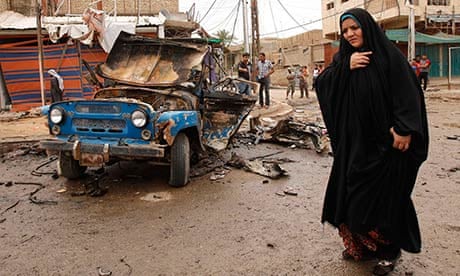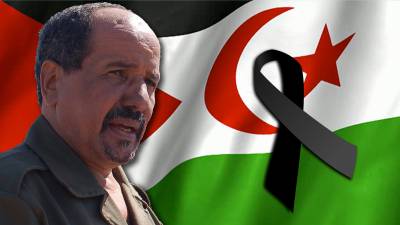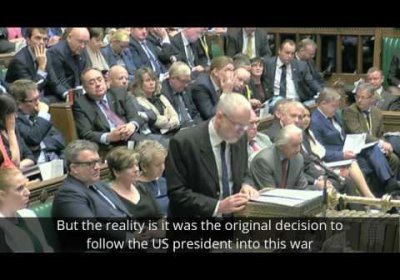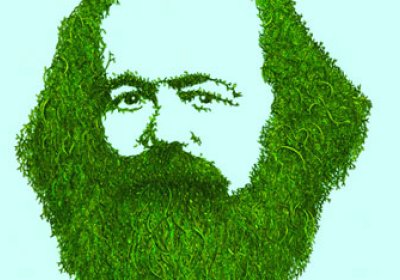 Howard Gayle during his time with Liverpool. Photo: Facebook/Howard Gayle.
The first Black football player for English club Liverpool, Howard Gayle, said he declined a nomination for the Member of the British Empire (MBE) honour because he felt he would be betraying his Black ancestors who suffered oppression at the hands of British colonialism.
Howard Gayle during his time with Liverpool. Photo: Facebook/Howard Gayle.
The first Black football player for English club Liverpool, Howard Gayle, said he declined a nomination for the Member of the British Empire (MBE) honour because he felt he would be betraying his Black ancestors who suffered oppression at the hands of British colonialism.
History
 Howard Gayle during his time with Liverpool. Photo: Facebook/Howard Gayle.
The first Black football player for English club Liverpool, Howard Gayle, said he declined a nomination for the Member of the British Empire (MBE) honour because he felt he would be betraying his Black ancestors who suffered oppression at the hands of British colonialism.
Howard Gayle during his time with Liverpool. Photo: Facebook/Howard Gayle.
The first Black football player for English club Liverpool, Howard Gayle, said he declined a nomination for the Member of the British Empire (MBE) honour because he felt he would be betraying his Black ancestors who suffered oppression at the hands of British colonialism.
Fifty years ago this week, 200 Aboriginal stockmen and domestic servants walked off the job at Lord Vestey's Wave Hill cattle station, 600 kilometres south of Darwin. Most of them were members of the Gurindji people, with small numbers of Walpiri and other indigenous people. They were to stay out on strike for ten years.
And that was how the horror came to my doorstep. To tell you the truth, like many people who live in the provinces – a somewhat disparaging term used to refer to the rest of France that exists outside of Paris and its surrounds – I thought terrorist attacks were mainly a concern for those in the capital.
On July 14, this certainty was blown apart by the sad and harsh reality: 84 people of various nationality and beliefs, among them dozens of children, died due to the actions of a lunatic on the Promenade des Anglais, the “Malecon” of the city of Nice, in the south-east of France.
 An Iraqi woman passes by the scene of a car bomb attack in Kamaliyah, a predominantly Shia area of eastern Baghdad in 2013.
An Iraqi woman passes by the scene of a car bomb attack in Kamaliyah, a predominantly Shia area of eastern Baghdad in 2013.
British Labour leader Jeremy Corbyn said on July 6 that public opposition to the war in Iraq had been “vindicated” — and called on politicians who ignored pleas for peace to “face up to the consequences”.
For some people, it was impossible to believe that this day would come. Seven years after John Chilcot started to take evidence in a British inquiry into the Iraq War and 12 years after the previous inquiry into the war, many anti-war protesters could be forgiven for being sceptical about what the report would say.
First impressions, announced over microphones and megaphones while being read from mobile phones, were met with a militant response. There was a sense of vindication for those of us who opposed the war from the outset and has renewed our determination.
The Art of Charlie Chan Hock Chye is the account of the life of a Singaporean comic book artist who started drawing at the age of 16. From that point, his work depicts his life story in parallel to that of the history of Singapore.
 Everyone has a story about Muhammad Ali. For me it was as a young Black high school student in Detroit. I had already seen the wrongs of imperialism and its wars — and of course the racism Blacks faced in Detroit.
Ali as a Black man and Muslim was a powerful symbol of courage. His willingness to give up his boxing career in the 1960s to stand with the Vietnamese against the US government waging war on them reflected the stirrings of militant Black pride growing in Detroit.
Everyone has a story about Muhammad Ali. For me it was as a young Black high school student in Detroit. I had already seen the wrongs of imperialism and its wars — and of course the racism Blacks faced in Detroit.
Ali as a Black man and Muslim was a powerful symbol of courage. His willingness to give up his boxing career in the 1960s to stand with the Vietnamese against the US government waging war on them reflected the stirrings of militant Black pride growing in Detroit.
The reverberations. Not the rumbles, the reverberations. The death of Muhammad Ali will undoubtedly move people's minds to his epic boxing matches against Joe Frazier, George Foreman, or there will be retrospectives about his epic “rumbles” against racism and war.
But it's the reverberations that we have to understand in order to see Muhammad Ali as what he remains: the most important athlete to ever live. It's the reverberations that are our best defense against real-time efforts to pull out his political teeth and turn him into a harmless icon suitable for mass consumption.
 Mohamed Abdelaziz. Photo: An Phoblacht.
Mohamed Abdelaziz, President of the Saharawi Arab Democratic Republic (SADR), died on May 31, following a long illness.
Mohamed Abdelaziz. Photo: An Phoblacht.
Mohamed Abdelaziz, President of the Saharawi Arab Democratic Republic (SADR), died on May 31, following a long illness.
 Leon Trotsky
By Paul Le Blanc
Reaktion Books, 2015
224 pp, $39.99
Trotsky & the Problem of Soviet Bureaucracy
By Thomas M. Twiss
Brill, 2014
502 pp., $205.00
Leon Trotsky was one of the central leaders of the Russian Revolution. As the organiser and Commissar of the Red Army that saved the Soviet power and as the leading light of the struggle against Stalinism, he is surely one of the great heroic — and tragic — figures of the 20th century.
Leon Trotsky
By Paul Le Blanc
Reaktion Books, 2015
224 pp, $39.99
Trotsky & the Problem of Soviet Bureaucracy
By Thomas M. Twiss
Brill, 2014
502 pp., $205.00
Leon Trotsky was one of the central leaders of the Russian Revolution. As the organiser and Commissar of the Red Army that saved the Soviet power and as the leading light of the struggle against Stalinism, he is surely one of the great heroic — and tragic — figures of the 20th century.
John Bellamy Foster is the editor of US-based Marxist journal Monthly Review. His most recent book, written with Paul Burkett, is Marx and the Earth: An Anti-Critique (Brill, 2016). The French magazine La Revue du Projet asked him to reply to three questions on ecology and Marxism.
- Previous page
- Page 25
- Next page






